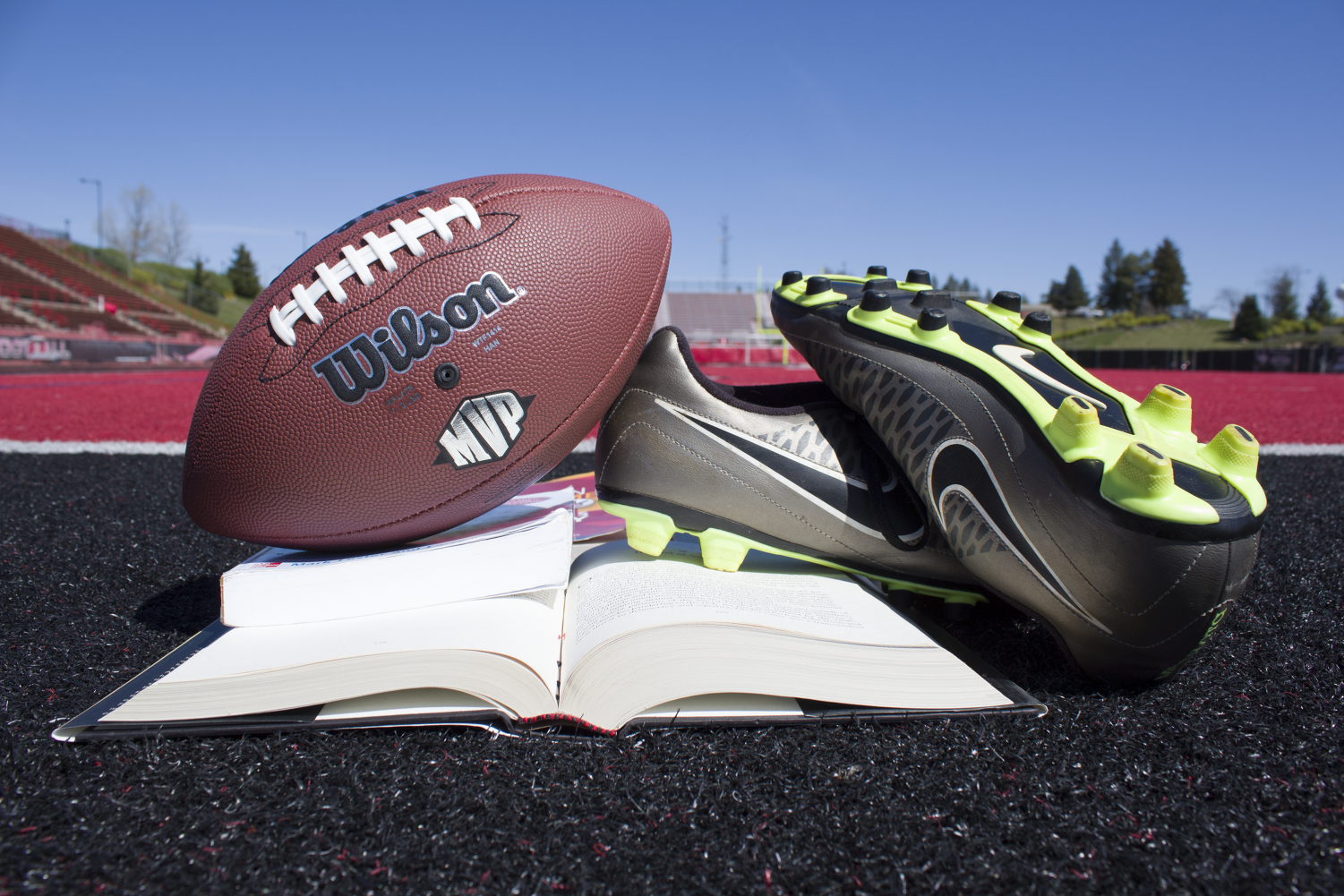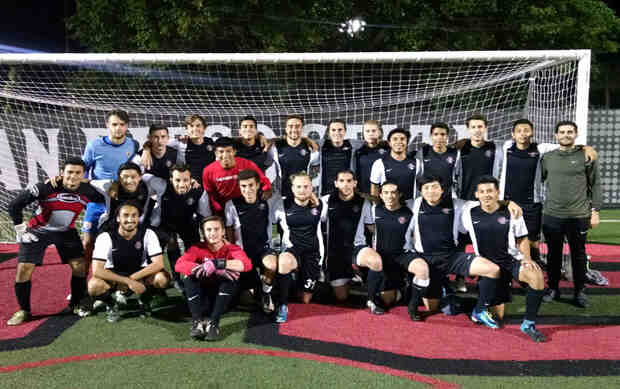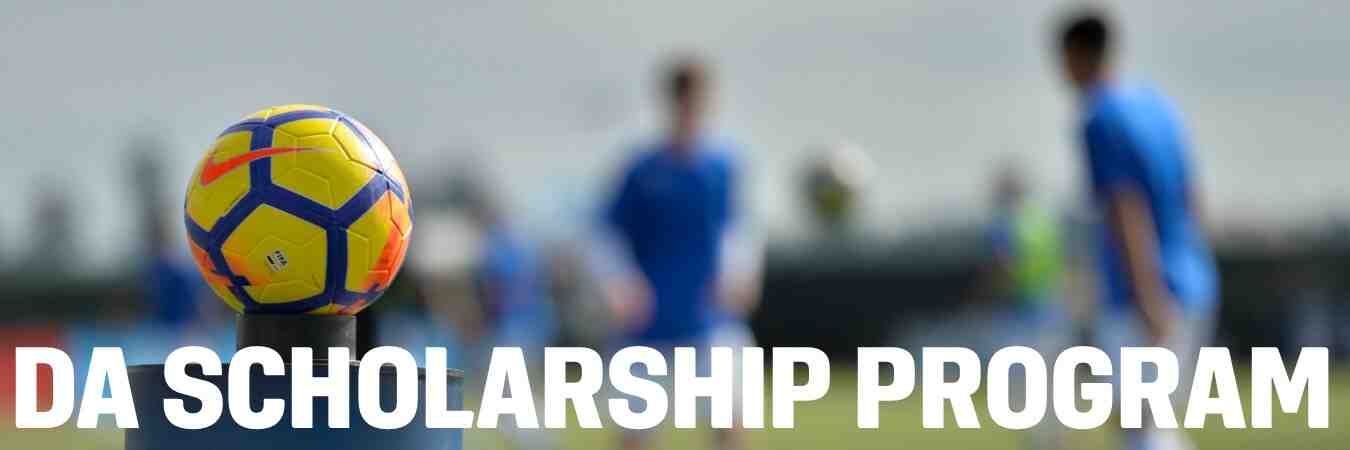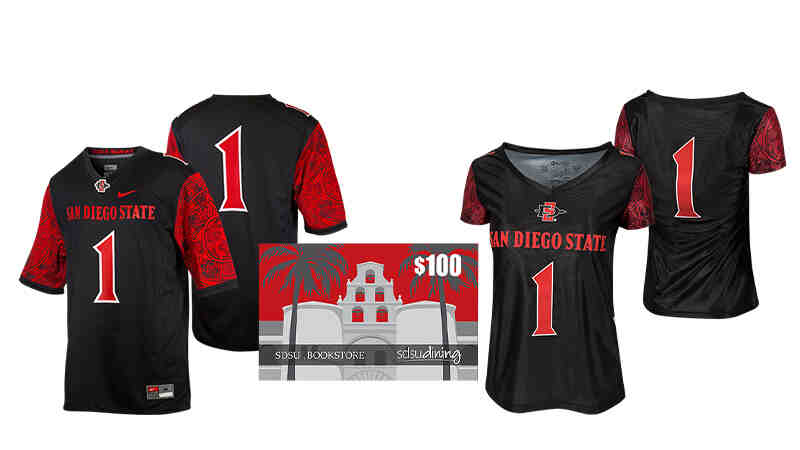Who gets full ride athletic scholarships?

Full Ride Scholarships are only awarded to outstanding student-athletes who practice headcount sports (sports that add income to schools). The six college headcount sports are: Soccer. Men’s basketball.
Who gets full scholarships? Anyone can apply for a full ride scholarship, depending on their background, skills, and expertise. Most students receive a full ride scholarship based on their academic history, athletic ability, leadership skills, or merit.
What percentage of college athletes receive a full scholarship?
80% of all student athletes receive some form of academic or on-demand scholarship; Institutional gift aid averages $ 17,000.
What percent of d1 athletes are on scholarship?
80% of all student athletes receive some form of academic or on-demand scholarship; Institutional gift aid averages $ 17,000. College sports create a path to opportunities for student-athletes.
What percent of college athletes get full ride scholarships?
Most sports students do not receive a full scholarship – only 1 percent in fact. Still, full-ride scholarships are the goal of many athletes as they typically cover tuition and fees, books, room and board, supplies, and sometimes even living expenses.
Do all college athletes get full ride scholarships?
Most sports students do not receive a full scholarship – only 1 percent in fact. Still, full-ride scholarships are the goal of many athletes as they typically cover tuition and fees, books, room and board, supplies, and sometimes even living expenses.
Does every d1 athlete get a full ride?
Myth 1: Everyone on an Athletic Scholarship Gets a Full Ride The average athletic scholarship is about $ 18,000 per Division I student-athlete, based on the numbers provided by the NCAA – an amount that would normally be compared to annual college expenses does not cover. … Only some sports offer full scholarships.
What are the perks of being a D1 athlete?
That being said, there are significant benefits to being a Division 1 athlete. It’s no secret that D1 schools have more financial support, which generally translates into better facilities, better paid coaches, more scholarship funds, and significant resources.
Do D1 athletes get full rides?
There are six Division I sports that can only offer their athletes a full scholarship: FBS soccer, men’s and women’s basketball, tennis, women’s gymnastics, and women’s volleyball. These programs are called head count sports.
Is it hard to play college soccer?

The college men’s soccer recruiting process is highly competitive. Approximately 7.9% of high school men’s soccer players later play in college and only about 1.1% later play in a Division 1 school. In addition to athletic talent and good grades, it is important to take the recruiting process seriously.
Can you get scouted in college football? I’m sorry to teach you, but unless you go viral online sensation college football scouts won’t find you. … This is especially true for international players as college coaches rarely travel overseas to watch games and look for players.
How do colleges look at you for soccer?
7 steps to recruiting
- Step 1: Complete each soccer questionnaire. …
- Step 2: create your highlight video. …
- Give coaches your showcase tournament schedule (every time). …
- Be consistent and responsive. …
- Attend college ID camps. …
- YOU have to communicate – not your parents. …
- Make academics just as important.
What are colleges looking for in a soccer player?
The things every college coach looks for in a soccer recruit are: strong academics, years of experience on your high school and / or club teams, excellent physical strength and endurance, good skills and technique, and teamwork. However, these are just the basics to start the process.
What are the odds of playing soccer in college?
| state | Masculine | Feminine |
|---|---|---|
| Arkansas | 746: 1 | 102: 1 |
| California | 95: 1 | 39: 1 |
| Colorado | 96: 1 | 35: 1 |
| Connecticut | 58: 1 | 43: 1 |
Can you join soccer in college?
People often ask if you can play football in college with no experience. You don’t want to ask college coaches how to become a soccer player, but you can play soccer in college if you haven’t had high school or club soccer experience.
Is it worth it to play soccer in college?
What’s the highest GPA you can get?

Unweighted GPAs are calculated by averaging the numerical value of all of your grades. The highest unweighted grade point average you can get is 4.0, which would mean getting A’s consistently throughout high school. On the unweighted scale, it doesn’t matter what type of course you take.
Can I get a full ride scholarship with a 3.5 GPA?

The GPA that you need to receive a full scholarship varies from college to college. Some scholarship providers may be looking for a specific GPA like 3.5-3.7 on a 4.0 scale. You can also rate your specific class rank (e.g. top 5% or 10% of your class). Others look at ACT or SAT results.
Is it possible to get a scholarship with a 3.6 GPA? Colleges can offer scholarships to attract a talented and diverse student body. … The first step is to qualify for the scholarship. If the application requirements state that you must have a GPA of 3.7 or higher and you have a GPA of 3.6, do not apply.
What GPA is required for a full scholarship?
One of the most common grade point average requirements is an average of 3.0. (Again, every scholarship provider is different and it is up to them to set their eligibility criteria, not us.) While some scholarships are based on a student’s GPA, most scholarships are not just based on a student’s GPA.
Can I get scholarships with a 3.5 GPA?
You will almost always have to meet a GPA requirement for a merit-based scholarship, but a minimum GPA may also be required for an on-demand scholarship. Traditionally, a GPA is rated on a four-point scale, and at Scholarships.com the highest GPA you can include on your profile is 4.0.
How hard is it to get a full ride scholarship?
How hard is it to get a full scholarship? Less than 1 percent of students receive a full scholarship, which shows how difficult it is to earn one. However, with the right background, planning, and knowledge of where to look, your chances of getting a full ride scholarship can increase.
What grades do you need for a full ride scholarship?
The GPA that you need to receive a full scholarship will vary. Some schools may want either a specific grade point average (e.g. 3.5 or higher) or a specific class rank (e.g. the top 5% or 10% of your class). Typically, you will need to maintain the stated GPA during a scholarship program to keep it going.
How hard is it to get a full ride scholarship?
How hard is it to get a full scholarship? Less than 1 percent of students receive a full scholarship, which shows how difficult it is to earn one. However, with the right background, planning, and knowledge of where to look, your chances of getting a full ride scholarship can increase.
What is the average GPA for a full ride scholarship?
Scholarships are given to all types of students for a variety of reasons. It is up to the scholarship provider to decide which qualification criteria apply to each scholarship. One of the most common grade point average requirements is an average of 3.0.
Can I get scholarships with a 3.5 GPA?
You will almost always have to meet a GPA requirement for a merit-based scholarship, but a minimum GPA may also be required for an on-demand scholarship. Traditionally, a GPA is rated on a four-point scale, and at Scholarships.com the highest GPA you can include on your profile is 4.0.
Is 3 GPA good for scholarship?
Scholarships are given to all types of students for a variety of reasons. It is up to the scholarship provider to decide which qualification criteria apply to each scholarship. One of the most common grade point average requirements is an average of 3.0.
Is graduating with a 3.5 GPA good?
The average high school GPA is around 3.0, or a B-average. This is also the minimum requirement for many college scholarships, although a 3.5 or higher is generally preferable. GPA plays a key role in college admission.
How can I raise my GPA?

These 10 strategies will help you increase your GPA while minimizing stress and overall study time.
- Go to class regularly. …
- To take part in class. …
- Organize yourself. …
- Do a weekly study review. …
- Go to office hours. …
- Make friends with smart students with high GPA. …
- Avoid long nights. …
- Make use of the library.
